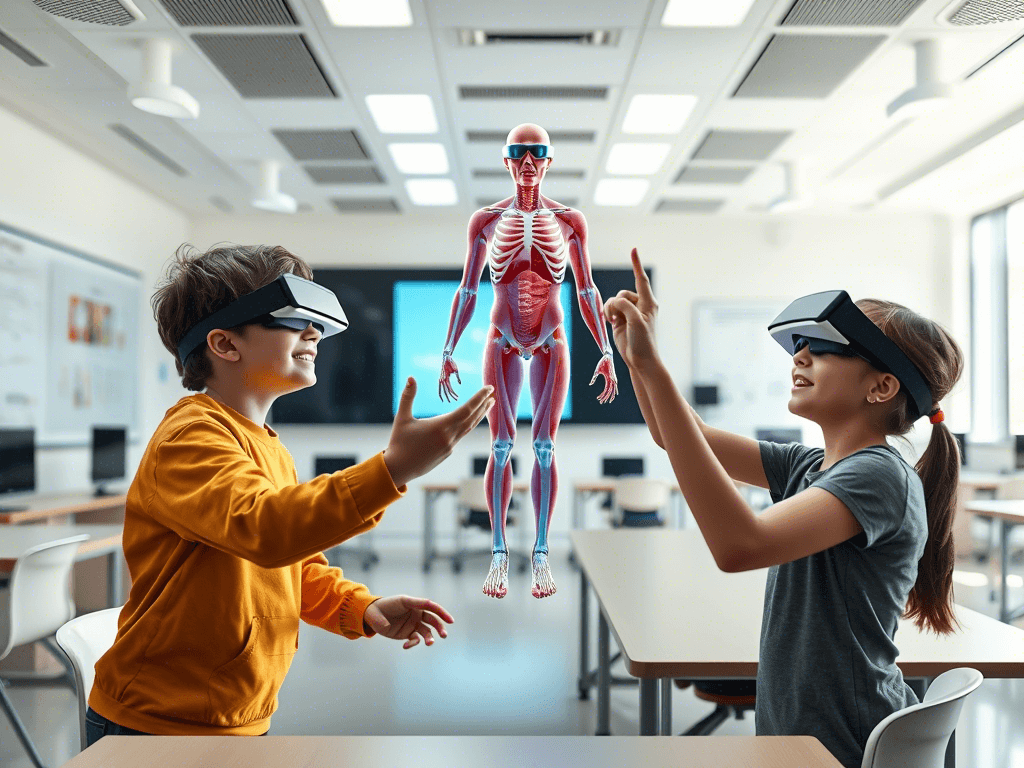[ad_1]
The Internet of Things (IoT) has become a driving force in today’s world, fostering an extraordinary level of connectivity among physical devices and the internet. This technological innovation is transforming our homes, enhancing daily life, and introducing a range of new opportunities and challenges across various industries. From intelligent appliances to health-monitoring gadgets, the IoT is changing the way we engage with our surroundings.
Grasping the Internet of Things
Essentially, the Internet of Things pertains to a framework of physical devices that are equipped with sensors, software, and other technologies, enabling them to connect and share data with one another over the internet. These devices span from common household items, such as refrigerators and thermostats, to sophisticated industrial machinery. The rapid expansion of inexpensive sensors, advancements in wireless technology, and the widespread use of cloud computing have all played key roles in the swift rise of IoT applications.

Smart Homes: A Revolution in Comfort
A particularly notable domain where IoT is having a considerable effect is in the realm of smart homes. These residences incorporate appliances and systems that are internet-connected, empowering homeowners to oversee and manage different aspects of their living environment via smartphones or other connected devices.
Illustrations of Smart Devices
- Smart Thermostats: Gadgets like the Nest Learning Thermostat can adapt to user preferences and automatically modify heating and cooling settings, leading to improved energy efficiency and cost reductions.
- Smart Lighting: Solutions such as Philips Hue enable users to adjust the brightness and color of their lighting remotely, schedule settings, and craft atmospheres with customizable lighting arrangements.
- Smart Security Systems: Connected cameras and doorbell systems allow for real-time monitoring and notifications, boosting home security and offering features like facial recognition.
- Smart Appliances: Refrigerators capable of notifying users when supplies are low or washing machines that can be controlled remotely exemplify how IoT enhances everyday tasks.
The Advantages of Smart Homes
The convenience offered by smart homes is indisputable. Homeowners can remotely keep an eye on their properties, manage energy use, and bolster security—all from a single interface. Moreover, IoT devices can enhance household operations, making them more efficient and reducing environmental impacts. For elderly individuals or those with disabilities, smart home technology provides greater autonomy and safety, allowing them to maintain more independence.
Effects on Daily Life
The reach of IoT goes beyond our homes and into our daily habits. Wearable devices like fitness trackers and smartwatches gather and analyze health data, motivating users to make healthier choices. These gadgets monitor vital signs, track physical activity, and even remind users about medication schedules.
Revolutionizing Health Care
Within the healthcare field, IoT devices are enhancing patient care. Remote monitoring systems enable healthcare providers to track patients’ health data in real time, reducing the necessity for frequent hospital visits. This technology allows for quicker diagnoses and tailored treatment plans, ultimately leading to better patient outcomes.
Improving Urban Living
IoT significantly contributes to the development of smart cities. Improved connectivity amongst transportation systems can streamline traffic flow, lessen congestion, and cut down on pollution. Intelligent waste management solutions can monitor waste levels and optimize collection routes, resulting in more efficient urban services.

Obstacles and Considerations
While the remarkable benefits of IoT are clear, several challenges continue to exist. Security concerns are paramount, given that interconnected devices can be susceptible to hacking and cybersecurity threats. The vast amounts of data generated by IoT devices also raise issues regarding privacy, data ownership, and ethical considerations.
The Future of IoT
As technology evolves and IoT devices grow more advanced and affordable, we can anticipate even greater integration into our everyday routines. Emerging trends, such as artificial intelligence and machine learning, will further enhance the capabilities of connected devices, allowing them to anticipate user behavior and automate various tasks.
In summary, the Internet of Things is profoundly altering our homes and lives. By improving convenience, advancing healthcare, and revolutionizing urban living, IoT is fostering a landscape of interconnected devices that promise to redefine how we live, work, and interact with technology. While there are challenges to overcome, the potential of IoT to craft a more efficient, sustainable, and comfortable future is substantial. As we welcome this technological growth, it is essential to prioritize security, privacy, and ethical considerations to ensure that the advantages of IoT are harnessed responsibly.
[ad_2]



